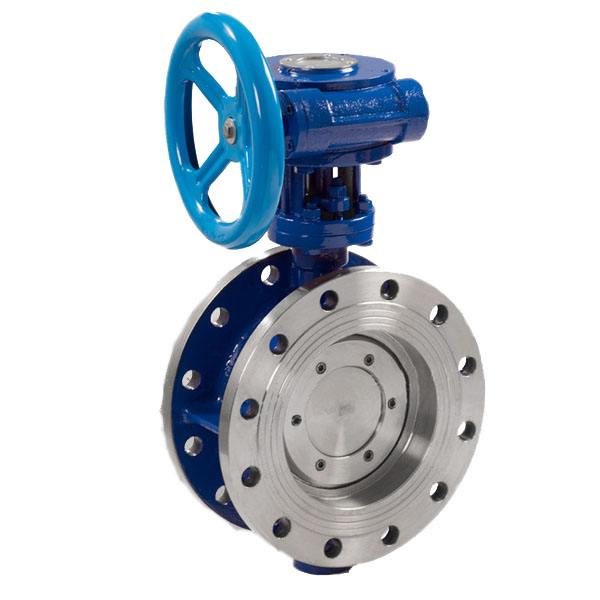bellows globe valve
The Bellows Globe Valve An Overview
The bellows globe valve is an innovative type of valve designed to control the flow of liquids and gases with exceptional efficiency and reliability. Its unique design incorporates a bellows seal, which offers significant advantages over conventional globe valves, particularly in applications where leakage prevention is crucial.
Understanding the Basics
A globe valve is typically characterized by its spherical body shape, which provides a smooth flow path and minimizes pressure drops. The main function of a globe valve is to regulate flow, as it is capable of performing throttling operations effectively. The bellows globe valve enhances this functionality by integrating a bellows element into the valve assembly. The bellows, usually made from materials like stainless steel or other corrosion-resistant alloys, serves as a barrier to prevent fluid leakage along the stem of the valve, thus ensuring a hermetic seal.
Design and Components
The basic components of a bellows globe valve include the valve body, seat, disk, stem, bellows, and packing. The bellows is attached to the stem and is located inside the valve body. When the stem is moved up or down, the bellows expands or contracts, allowing for precise control of the flow without the risk of leakage as seen in traditional packing systems. This design is especially beneficial in high-pressure and high-temperature applications where conventional seals may fail.
Applications
Bellows globe valves are widely used in industries such as chemical processing, oil and gas, and power generation. They are particularly advantageous in situations where hazardous or corrosive fluids are handled, as the bellows provide an additional layer of safety by preventing leaks. Furthermore, these valves are ideal for cryogenic applications, where traditional sealing materials may become brittle and ineffective.
Advantages
bellows globe valve

The use of bellows globe valves comes with several significant advantages
1. Leakage Prevention The primary benefit of bellows globe valves lies in their ability to prevent leakage, promoting safer operations and reducing the risk of environmental contamination.
2. Durability The materials used for the bellows and the valve body can withstand extreme temperatures and pressures, offering a long service life.
3. Reduced Maintenance With minimal wear and tear, bellows valves require less frequent maintenance compared to traditional valves, resulting in lower operational costs.
4. Precision Flow Control The design allows for smooth throttling capabilities and precise control over flow rates, which is critical in many industrial applications.
Challenges
Despite their advantages, bellows globe valves are not without challenges. They can be more expensive to manufacture and purchase than standard globe valves. Additionally, the bellows must be carefully selected based on the specific application, considering factors such as pressure, temperature, and the nature of the fluids being handled.
Conclusion
In conclusion, the bellows globe valve represents a significant advancement in valve technology. Its ability to provide leak-free operation, coupled with durability and ease of maintenance, makes it a preferred choice for many industries dealing with challenging applications. By understanding the features, applications, and benefits of bellows globe valves, engineers and decision-makers can enhance safety and efficiency in their operations, ensuring optimal performance in a wide range of fluid control scenarios.
-
Premium Gas Ball Valves: Safe & Reliable Flow ControlNewsAug.31,2025
-
High-Security Lockable Gas Valve - Tamper-Proof ControlNewsAug.30,2025
-
Reliable Hydraulic Valves for Efficient Fluid ControlNewsAug.29,2025
-
Reliable Electric Actuators for Industrial Valve AutomationNewsAug.29,2025
-
Premium Line Blind Valves for Secure Pipeline IsolationNewsAug.29,2025
-
Premium Electric Valves for Smart Fluid Control SolutionsNewsAug.29,2025
-
Precision Balanced Valves for Optimal System PerformanceNewsAug.29,2025




